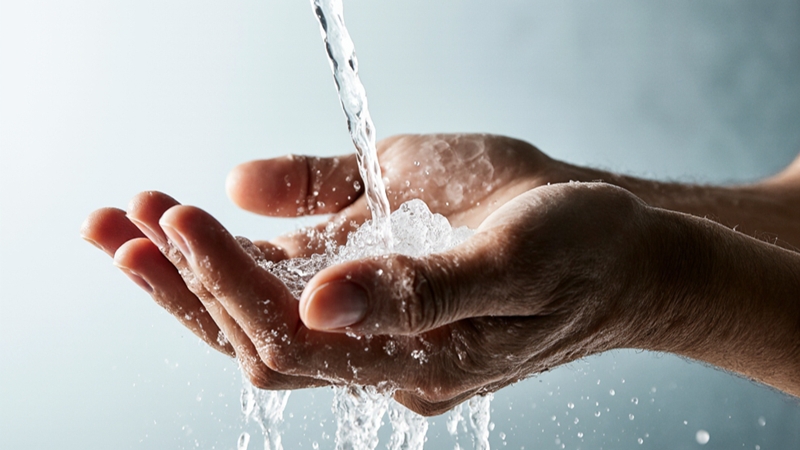Uncategorized
Best Hand Hygiene Practices for People Who Handle Money
Introduction
Money is one of the most frequently exchanged items in our daily lives. Whether it’s coins, banknotes, or even credit card machines, almost everyone comes into contact with money several times a day. But here’s something important to keep in mind: every time you handle money, you’re also handling the germs, dirt, and bacteria that come with it. Studies show that banknotes and coins can carry thousands of microbes because they pass through countless hands.
If you work in a job where you handle money regularly—such as cashiers, bank workers, food vendors, or shop owners—maintaining proper hand hygiene isn’t just a good habit; it’s essential for protecting your health and the health of others. In this blog, we’ll explore the best hand hygiene practices for anyone who frequently deals with cash.
Why Hand Hygiene Matters When You Handle Money
Before diving into practices, let’s first understand why this is so important.
- Money is widely circulated: A single note or coin may pass through dozens of people in just one day.
- Exposure to bacteria and viruses: Germs can live on surfaces like banknotes and coins for hours, sometimes even days.
- Direct link to food and face touching: Many people unknowingly touch their face, mouth, or food right after they handle money, increasing the risk of illness.
Simply put, good hand hygiene can reduce the risk of catching infections and spreading them to others.
Best Hand Hygiene Practices for People Who Handle Money
Wash Your Hands Regularly
The most effective way to remove germs after you handle money is proper handwashing.
- Use warm water and soap.
- Scrub your palms, back of your hands, between fingers, and under nails for at least 20 seconds.
- Rinse thoroughly and dry with a clean towel or paper tissue.
If you work in a place where you handle money all day, try to wash your hands every couple of hours or whenever possible.
Use Hand Sanitizer When Soap Isn’t Available
Sometimes, washing your hands isn’t convenient—especially if you’re working at a busy counter or in a food stall. In such cases, alcohol-based hand sanitizer (with at least 60% alcohol) is a good alternative.
- Keep a small bottle with you at work.
- Apply enough to cover your hands fully.
- Rub until your hands feel dry.
This quick habit helps protect you right after you handle money and before you touch anything else.

Avoid Touching Your Face
One of the fastest ways germs enter your body is through your eyes, nose, or mouth. After you handle money, try not to touch your face until you’ve cleaned your hands. This single habit can dramatically lower your risk of infection.
Use Gloves in Certain Jobs
If your job requires you to handle money and food at the same time—like in a restaurant, food truck, or market stall—wearing gloves can be a good extra step. However:
- Change gloves often, especially after handling cash.
- Never use the same pair of gloves for both money and food preparation.
- Remember: gloves are not a substitute for handwashing.
Disinfect Surfaces You Touch Often
It’s not just your hands that get dirty when you handle money. Surfaces like cash drawers, POS machines, and countertops also accumulate germs. Regularly disinfecting these surfaces can reduce the spread of bacteria in your work area.
Separate Money-Handling from Food Handling
If you work in food service, it’s best to assign separate roles: one person handles payments, while another handles food. If that’s not possible, wash or sanitize your hands thoroughly every time after you handle money and before preparing food.
Educate Yourself and Others
Being mindful about hygiene when you handle money doesn’t only protect you—it protects your customers, coworkers, and family too. Share these tips with colleagues, especially in workplaces where cash is handled all day long.
Extra Tips for Everyday Money Handlers
- Keep your nails short to avoid dirt buildup.
- Moisturize your hands after frequent washing to prevent dryness and cracking.
- Try using digital payments when possible to reduce the amount of cash you need to handle.
Conclusion
Money may be valuable, but it’s also one of the dirtiest items we touch every day. For anyone who needs to handle money regularly, practicing proper hand hygiene is a must. Washing your hands with soap and water, using sanitizer when needed, avoiding face-touching, disinfecting surfaces, and separating food handling from money handling are all simple but powerful steps to keep yourself safe.
You can easily find more of our blogs on Sanixway blog section!

